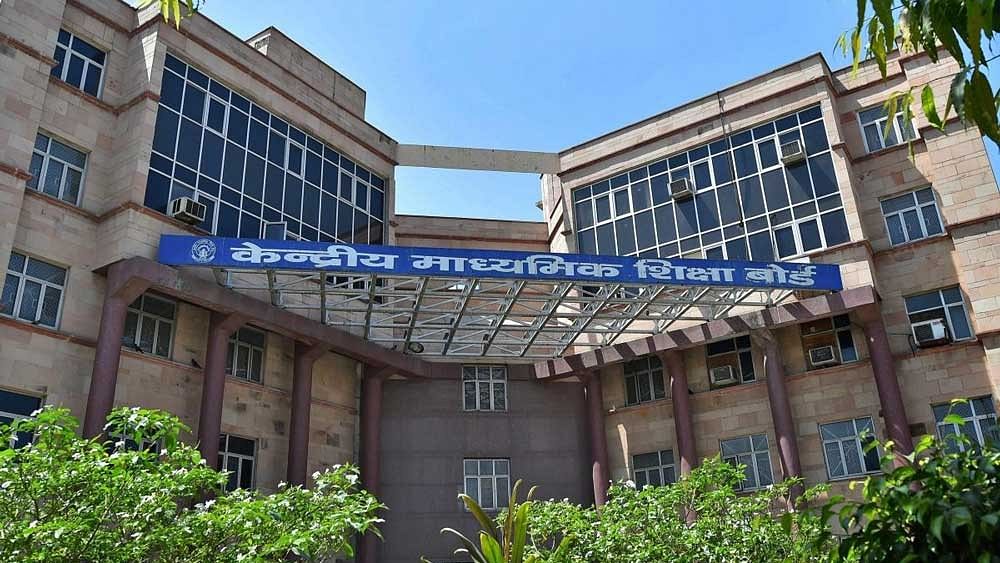
The NCERT has informed the Central Board of Secondary Education (CBSE) that new syllabi and textbooks for classes 3 and 6 are currently under development and will soon be released, the CBSE said in a communication sent to affiliated schools.
Credit: PTI Photo
New Delhi: The National Council of Educational Research and Training on Thursday said that textbooks for Class 3 will be available by the last week of April, and for Class 6 by mid-May, even as the education body faced flak for making changes to its history syllabus. Casting doubts on the Aryan migration theory, the revised books say that Harappans are the “indigenous people” of the Indus Valley.
Additionally, a bridge course for teachers to prepare for Class 6 will be put up on the portal. “... 1.21 cr copies of 2023-2024 editions for various classes are out, with more coming regularly. Buffer stock for Classes 4, 5, 9, and 11 is ready. Digital copies of all NCERT textbooks are freely available on the NCERT portal, DIKSHA, and ePathshala portal and app,” the NCERT said in a post on X.
In its revised syllabus for class 6, the education body has, in a chapter in the history syllabus on the origins and fall of the Harappan civilisation, has said that recent archeological findings from the Indus Valley site at Rakhigarhi has ruled out Aryan immigration, and that the similarity between Harappans and the Vedic people need to be researched. These changes are found in a chapter titled “Bricks, Beads and Bones – The Harappan Civilisation” in the Class 12 History textbook called ‘Themes in India History Part-I.’ To be sure, this is not the only change suggested.
Apart from that, from a history textbook for students in Class 6, the NCERT has dropped the word “Hindu” from a chapter on Birsa Munda, which earlier stated that Birsa Munda was opposed to “missionaries and Hindu landlords”. The phrase was in a chapter called ‘Tribals, Dikus and the Vision of a Golden Age’. In the sociology textbook for class 12, the NCERT has removed references to poverty, powerlessness and social stigma from a sentence, which reads, “Like the Scheduled Castes, the Scheduled Tribes are social groups recognised by the Indian Constitution as specially marked by poverty, powerlessness and social stigma.” The deletion is from a chapter titled ‘Patterns of Social Inequality and Exclusion’.
These changes are part of the revision of the textbooks that the NCERT has undertaken for the academic year 2024-25. The changes were communicated to the Central Board of Secondary Education (CBSE) recently.